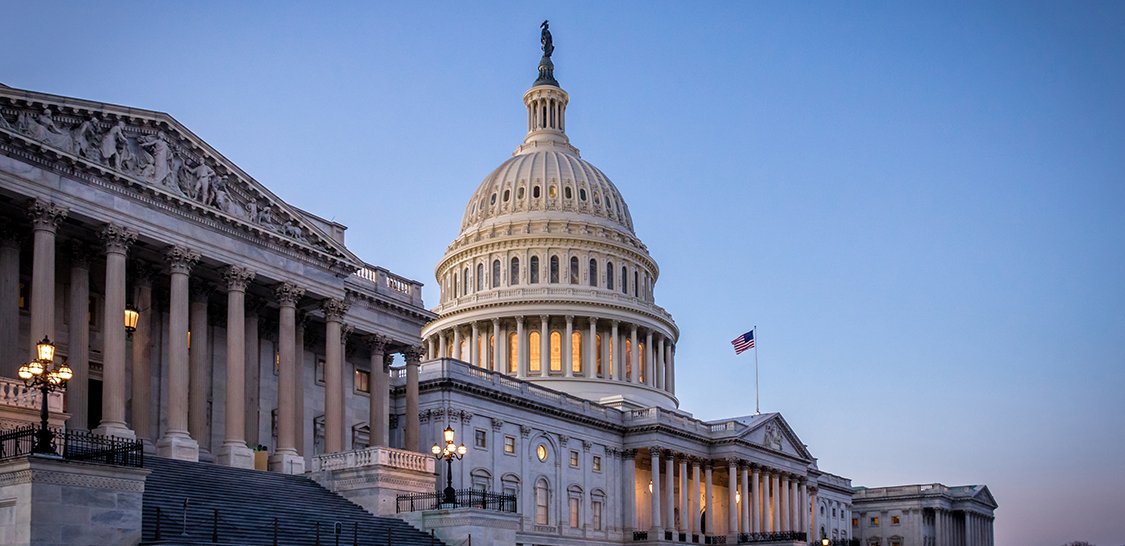The majority of the Consolidated Appropriations Act, signed into law on December 20, 2019, focused on keeping the federal government up and running. Just like so many that preceded it, however, the 2020 appropriations bill also contained additional elements like retirement changes for employees and employers and a number of tax provisions and extenders.
While year-end tax extenders are nothing new, what’s different about this batch is that they apply over three years: retroactively for 2018 and 2019 and forward through the end of 2020. The retroactive reinstatement allows for amended 2018 tax returns as well as updated planning for 2019 and 2020 returns. Read on for an overview of the key tax extenders and provisions.
Individual Extenders
- Reinstatement of the mortgage insurance premium (PMI) and above-the-line tuition and fees deductions
- Reduction in threshold for medical expenses deduction from 10% to 7.5% adjusted gross income
- Exclusion of qualified residence indebtedness from gross income
Business Extenders
- Credits for nonbusiness energy property, qualified fuel cell vehicles, alternative fuel vehicle refueling property and energy-efficient commercial buildings
- Incentives for biodiesel and renewable diesel
- Continued reduction in federal excise taxes on beer, wine and distilled spirits
- Credit for employers providing paid family and medical leave
Tax Reform Fixes
- Returned the tax rate for unearned income of certain children (“kiddie tax”) to parents’ tax rate instead of higher trust and estate rates
- Repealed tax on employer-provided parking for nonprofit organizations
Affordable Care Act Taxes
- Fully repealed excise taxes on high cost employer-sponsored health insurance (so-called “Cadillac plans”) and medical devices
- Repealed fee on health insurance providers, scheduled to take effect in 2020
Notable Exclusions
- Caps on the deductible amount of interest and state and local taxes remain
- Formerly deductible unrelated job expenses not reinstated
- Federal electric car tax credit not extended
- For depreciation purposes, leasehold improvements and Qualified Improvement Property remain in the 39-year recovery period, instead of 15 years (and eligible for 100% bonus depreciation)
Contact your RKL advisor for assistance in determining the relevance and impact of these provisions to your unique tax situation.




